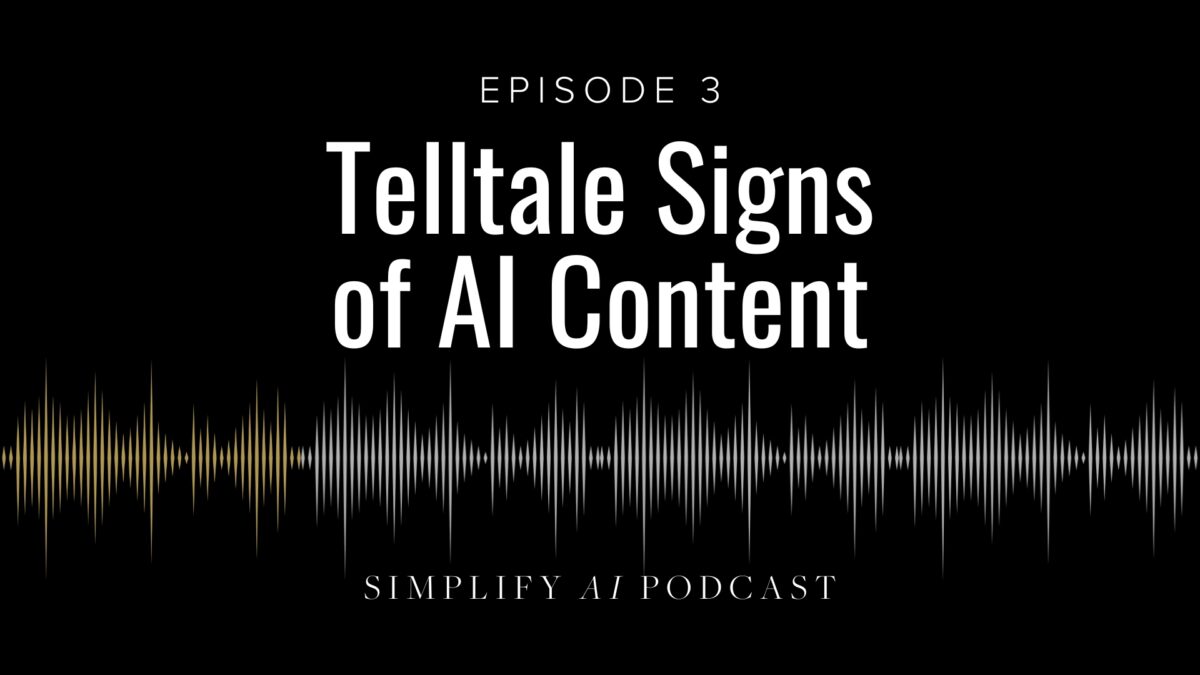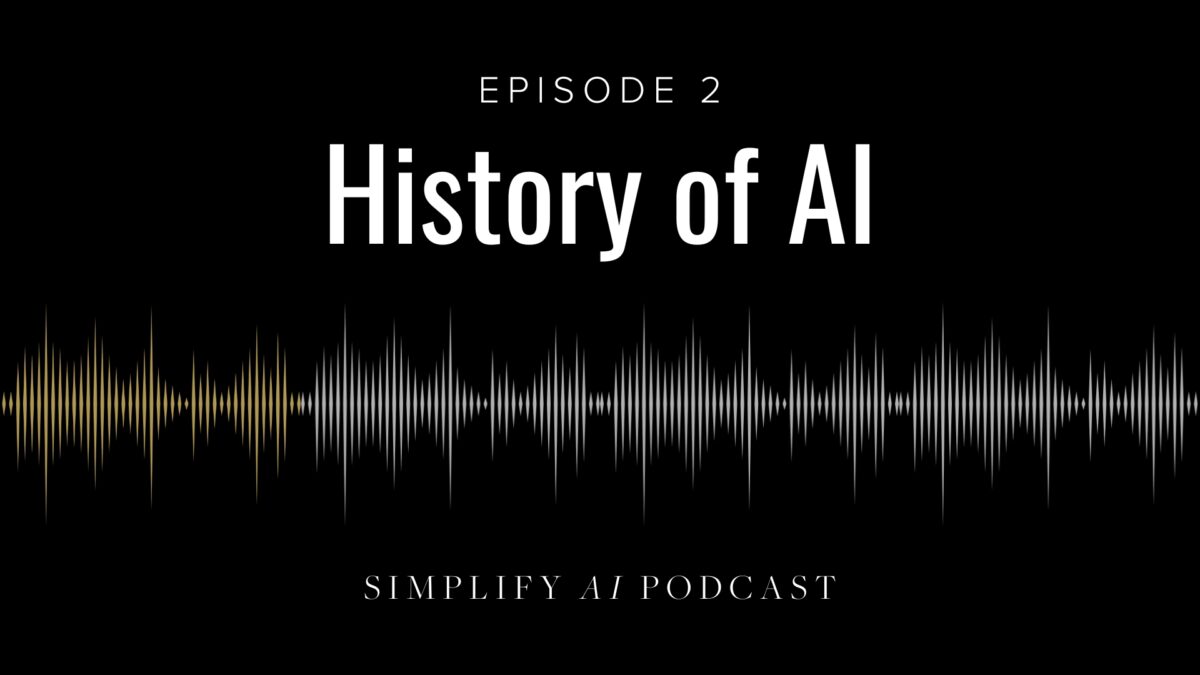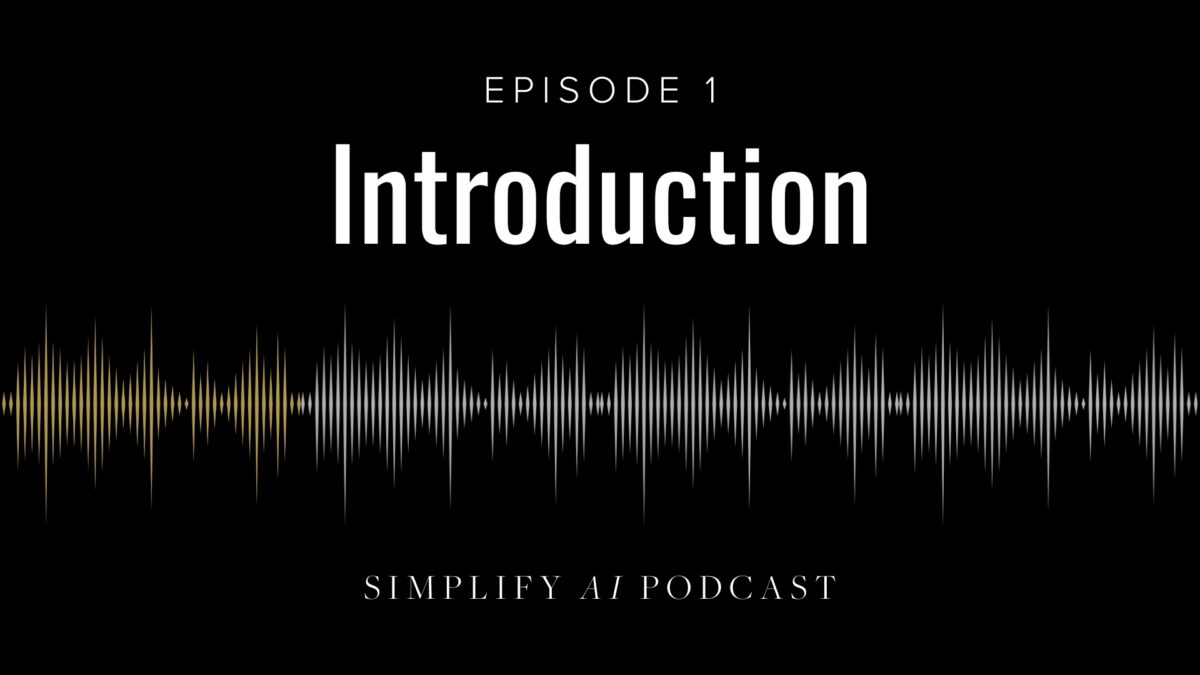Sally Dicketts discusses the importance of Coaching for Practitioners and Leaders #SETConf19

FE News chat with Sally Dicketts, Group Chief Executive of Activate Learning about the importance of Coaching for Practitioners and Leaders at the SET 2019 annual conference.
The progression of coaching, and how it can help practitioners and leaders
I think coaching is essential for really good learning.
I’m a failed learner myself and didn’t discover I was dyslexic until I was in my early 30s, so always felt that I was stupid because I couldn’t write properly.
The emotional side of learning
That’s made me very interested in how we learn and how the brain functions: The brain has the thinking brain, the prefrontal cortex and the emotional brain, the limbic system.
Education concentrates a lot on the thinking brain, quite rightly because we need to think clearly, but it often forgets the emotional brain. For most, certainly of the students we have in our colleges, often it’s the emotional side of learning that stops them thinking properly.
A coaching community for the whole organisation
What we’ve found is that coaching is all about you being able to express how you want to do something. Therefore, what we’re trying to do at Activate is have performance coaches for our students, but actually a coaching community for the whole organisation.
So on Monday (11 Nov), the whole of the senior team are going through coaching training. We have a senior manager who we’ve paid for to train as a coach, and who will train a whole group of coaches in the institution. We’re trying to get one policy, so all of us are going to experience it, so we can make sure that when we’re with our leaders, coaching is actually done throughout the organisation.
The reason my coaching is important is if you’re an extroverted thinker, which I am, I think out loud, sometimes your listening isn’t as good as it should be. The lovely thing about coaching is it actually gives somebody the opportunity to talk for one hour without judgment, without somebody interrupting them. It really helps you become clearer about your own thinking, and what blocks you to going and doing what you need to do, which are often then your emotions.
Why should the sector explore coaching for learners, for staff, for leaders?
I’m going to start with learners, because in a way, we’re all learners. The main thing is as funding becomes tighter, class sizes are becoming bigger, they have to. If you’ve got a class size of 25, 28 students, it’s very difficult to really get to know them on a personal level.
Therefore, coaching becomes even more important, because by coaching somebody, you can really understand who they are, they know that. If you do coaching the right way, and it’s not remediation, it’s seen as a right for all of your students, then every student is free to explore what is frightening them.
Improved performance and retention
We’ve introduced, we’re experimenting with them if you like, in certain faculties, at certain of the colleges with performance coaches who are not their teacher, although they’re part their teacher’s team of teachers. Those performance coaches spend time with the students, listening to their fears, helping them overcome their fears of learning, looking at what they really good at and trying to encourage them to do more of that.
Absolutely our retention in those areas has improved, and the results last year prove that they’ve done better. Now, it’s been a very small sample and any university research department would throw it out immediately, saying it’s not substantial enough, but we’re going to do more.
Holistic approach to Mental Health
We also do it with our staff. So the most senior team has coaches, I actually have two coaches. Again, when you want to do something and you’re afraid of it, it’s really nice to have one hour, which is yours, where somebody isn’t judging you, they’re not your line manager, you can explore whatever you want to explore.
That, if you can get it throughout the whole organization, begins to make people feel more confident. I believe it will help with things like mental health, because if everybody has been coached, you as the individual can begin to explore your own fragility, and hopefully stem it before it actually turns into mental health.









Responses